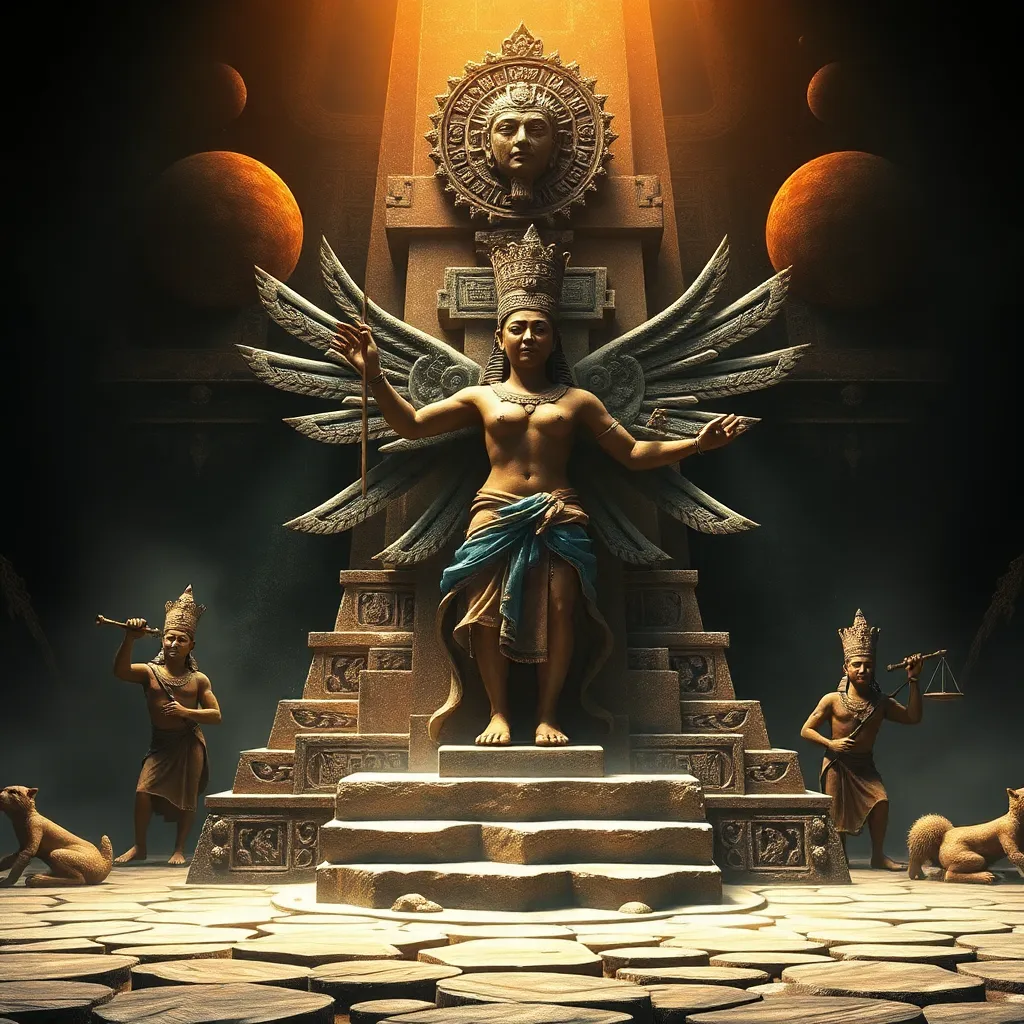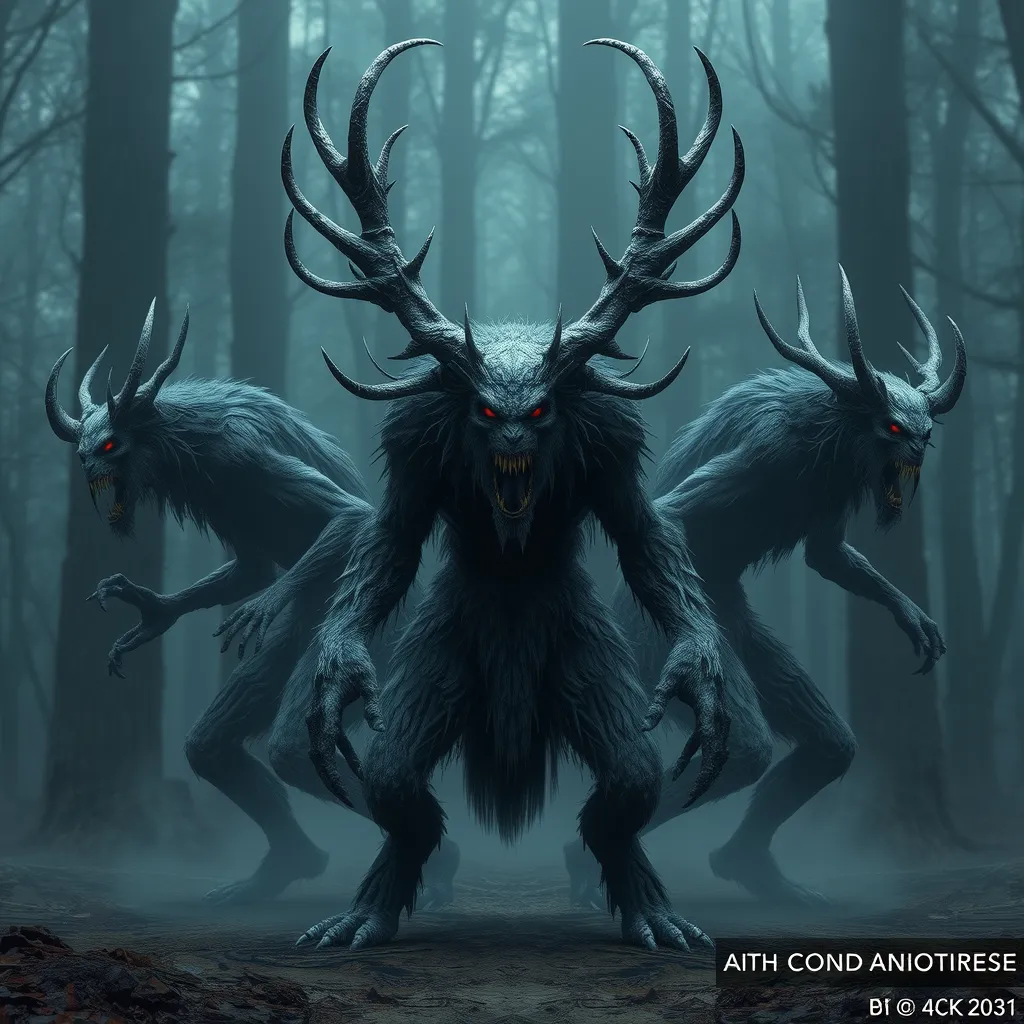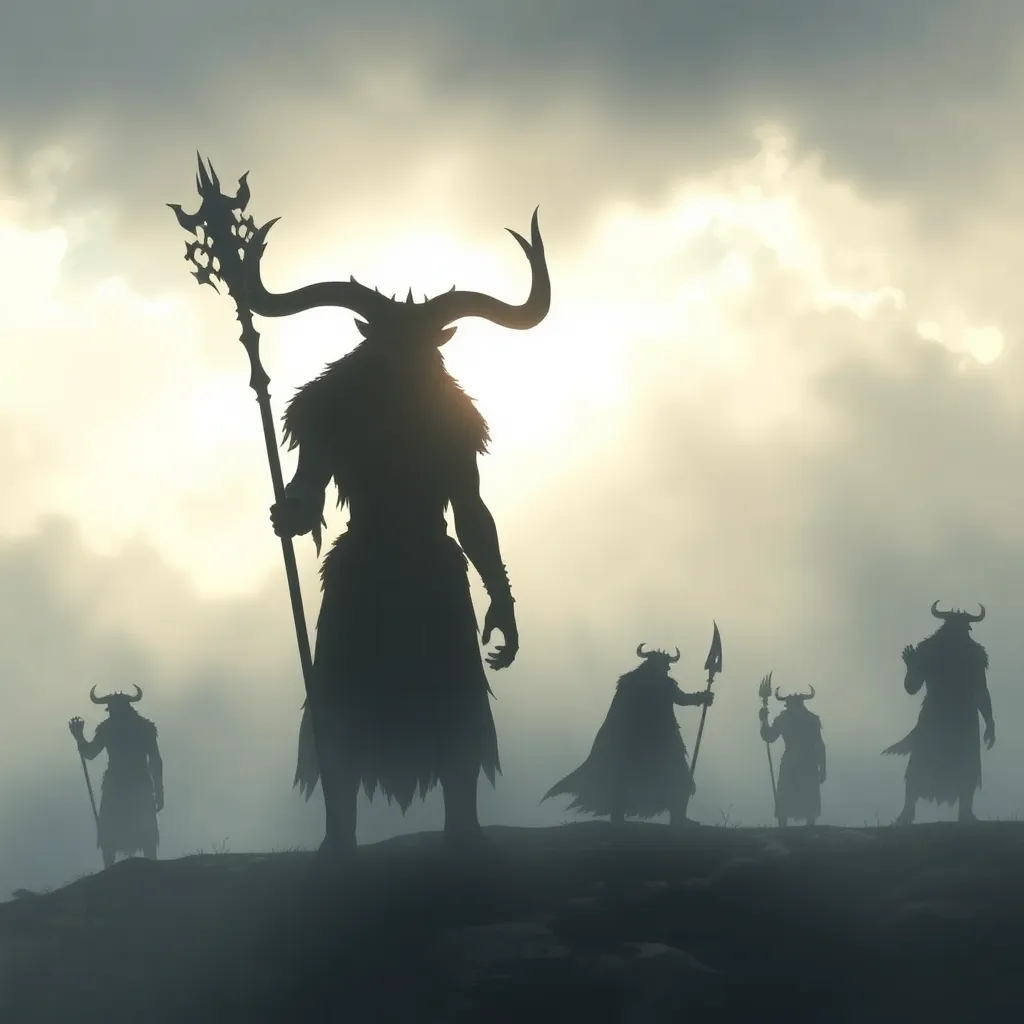Pegasus: A Symbol of Eternal Youth and Vitality
I. Introduction
Pegasus, the magnificent winged horse of Greek mythology, has captivated the human imagination for centuries. Born from the blood of Medusa, this mythical creature symbolizes not only the beauty of flight but also embodies the essence of youth and vitality. In a world that often equates youth with beauty, energy, and potential, Pegasus serves as a potent reminder of the qualities we cherish. This article explores the origins, representation, and ongoing relevance of Pegasus as a powerful symbol of eternal youth and vitality.
II. The Mythological Origins of Pegasus
The tale of Pegasus begins with the Gorgon Medusa, whose gaze could turn anyone to stone. When she was slain by the hero Perseus, Pegasus emerged from her blood, a miraculous symbol of beauty and rebirth. In Greek mythology, Pegasus plays a crucial role, often associated with the Muses, the goddesses of inspiration in literature, science, and the arts. This connection highlights the association between creativity and the flight of Pegasus.
Pegasus is also a symbol of freedom. His ability to soar through the skies represents the liberation of the human spirit and the pursuit of dreams. The act of flight transcends the earthly bonds of mortality, making Pegasus a timeless icon of aspiration and vitality.
III. Pegasus in Art and Literature
The image of Pegasus has been immortalized in various forms of art throughout history. From ancient pottery to grand sculptures, artists have depicted this divine horse in all his glory. Some notable representations include:
- Ancient Greek pottery featuring heroic battles with Pegasus as a central figure.
- Sculptures in Renaissance art, showcasing the beauty and grace of Pegasus.
In classical literature, Pegasus appears in works by renowned authors such as Homer and Hesiod. Homer’s “Iliad” references the swift horse, while Hesiod’s “Theogony” narrates the birth of Pegasus and his significance. Modern interpretations of Pegasus continue to thrive in contemporary art and literature, where he represents the spirit of adventure and the pursuit of dreams.
IV. The Concept of Eternal Youth
Youth has held a special place in cultures worldwide, often viewed as a time of vigor, exploration, and potential. Various civilizations have celebrated youth through festivals, myths, and rituals, emphasizing its cultural significance. In this context, Pegasus serves as a metaphor for rejuvenation and immortality:
- Pegasus embodies the idea that youth can be eternal through creativity and imagination.
- The image of the winged horse reminds us that vitality is not solely tied to physical age.
Psychologically, the quest for eternal youth is deeply entrenched in human nature. The desire to remain youthful can drive individuals to pursue various forms of self-improvement, be it through physical fitness, personal development, or artistic endeavors. Pegasus symbolizes this quest, encouraging individuals to embrace their inner vitality.
V. Pegasus and Vitality in Modern Culture
In modern culture, the legacy of Pegasus is evident in numerous aspects of life. Brands often leverage the imagery of Pegasus in marketing and branding, associating their products with attributes of strength, elegance, and aspiration. Some examples include:
- Companies in the beauty and wellness industry using Pegasus to symbolize rejuvenation.
- Sports brands incorporating the image to represent speed and agility.
Pegasus also finds representation in films, television shows, and popular media. From animated films that depict fantastical adventures to live-action adaptations that bring mythical stories to life, Pegasus continues to inspire audiences. Moreover, the influence of Pegasus extends to fashion and lifestyle trends, where the themes of flight and freedom resonate with a desire for adventure and exploration.
VI. The Connection Between Pegasus and Personal Growth
Pegasus teaches valuable lessons about resilience and aspiration. The ability to rise above challenges and embrace one’s dreams is a core aspect of personal growth. The symbolism of Pegasus encourages individuals to cultivate their imagination and creativity, essential components of a vibrant and fulfilling life. People often find inspiration in the myth of Pegasus, motivating them to:
- Chase their dreams with vigor and determination.
- Embrace change and transformation as opportunities for growth.
By embodying the spirit of youthfulness, Pegasus inspires individuals to remain open to new experiences, fostering a lifelong journey of discovery and vitality.
VII. Critiques and Misinterpretations
Despite the positive symbolism of Pegasus, there are common misconceptions about its representation. Some may mistakenly interpret Pegasus as solely a symbol of physical beauty or youth, neglecting the deeper meanings associated with creativity and freedom. Furthermore, the duality of youth often intertwines with societal fears of aging, leading to an idealization that can be detrimental.
Discussions surrounding the idealization of youth in society reveal the complexities of aging and the importance of embracing all life stages. The narrative surrounding Pegasus can serve as a reminder that vitality and creativity do not diminish with age; rather, they evolve and transform.
VIII. Conclusion
Pegasus stands as a powerful symbol of eternal youth and vitality, transcending time and culture. Its mythological origins, artistic representations, and relevance in modern society underscore the importance of embracing the qualities of youth—creativity, aspiration, and resilience. As we reflect on the significance of Pegasus, we are invited to consider our perceptions of youth and vitality, recognizing that these qualities can be nurtured at any age. Ultimately, the spirit of Pegasus encourages us to soar beyond limitations and embrace the boundless possibilities of life.



